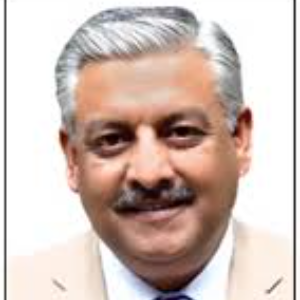Title : Low-power optogenetic control of high-frequency neural codes with single-spike resolution
Abstract:
One of the greatest scientific challenge is to understand the working of the brain, the most complex system in the universe. Optogenetics has revolutionized neuroscience research by enabling control of genetically modified neurons in culture, tissue and living animals with light. Natural light-sensitive proteins called ‘opsins’, are expressed transgenically in neurons to cause light-induced excitation or inhibition of neural activity. This provides opportunity to study the function of different neurons in the brain with unprecedented spatiotemporal resolution.
Intense efforts are on to discover and engineer opsins to provide better control, larger photocurrent, improved kinetics, high-sensitivity, spectral tuning, and protein stability, along with light-delivery systems and opsin-expression strategies. Experimentally testing each combination of opsin and target cell type of interest is practically impossible, and thus needs a theoretical framework. Computational optogenetics has provided tremendous opportunity to understand complex experiments, under different photo-stimulation protocols, and explore applications. It requires simulation of the photocurrent in opsins and optically-induced spiking in opsin-expressing neurons.
The talk would focus on our research on the formulation of accurate theoretical models for ultrafast optogenetic excitation using recently discovered ultrasensitive Chronos, red-shifted vf-Chrimson and ChRmine, optogenetic inhibition using newly discovered light-driven pumps namely eNpHR3.0 and Jaws, and bidirectional control with various experimentally studied and prospective opsin pairs for the first time. The study is useful in designing new optogenetic neural spiking experiments with desired spatiotemporal resolution, to provide insights into temporal spike coding, plasticity, and for curing neurodegenerative diseases, especially retinal prostheses.


